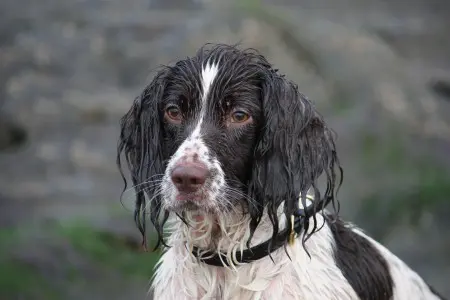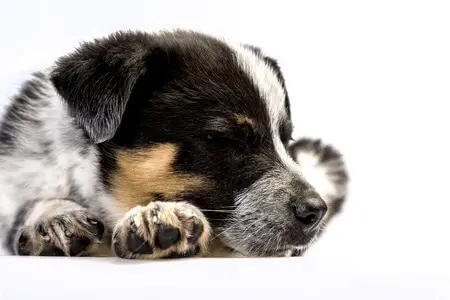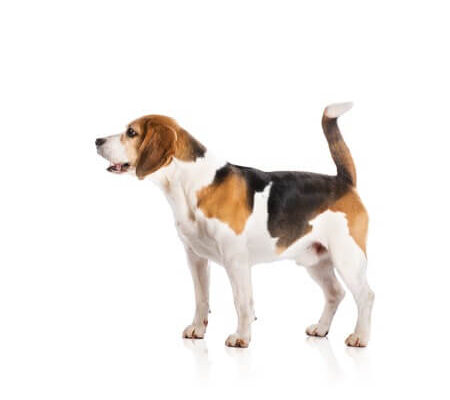Should I neuter my dog?

Should I neuter my dog?
The hardest part is making the decision – should I neuter my dog? or not? No dog owner wants to put their dog through an operation, so it is a good idea to discuss the pros and cons with your vet’s practice. However, it is a personal decision.
Whilst vets will advise castration between 5-7 months, ideally, it is best to wait until at least 12 months when the dog is fully grown, because early castration can affect the growth plates and cause a ‘leggy’ dog. Vets may also advise earlier neutering if you have a particularly boisterous puppy as it should calm him down. Puppies have a surge of testosterone around the age of 6 months which can make them hard to handle, especially as their confidence grows.
Take note of changes in behaviour once your dog reaches 6-9 months old. You will find that the extra confidence he has will make him wander further from you and he will begin to take less notice of your commands. You may also find that other male dogs start to take more interest and may show aggressive dominance behaviour towards your dog, or your dog may show dominance towards them. Our own dog was bitten on the face when another male dog slipped the lead to get to him and snarling and snapping began to be the norm from other male dogs. This could, of course, be down to behavioural problems with the other dogs, but male dog aggression is common, particularly with dominant in-tact dogs.
If you decide to take the neutering route, it is a fairly straight forward procedure. The dog will have to have an anaesthetic so will be with the vet for a full day. The operation will only take about 30 minutes with a couple of external stitches. It is important to stop the dog from licking the stitched area as this will prolong healing so he will probably be sent home with a collapsible collar to stop him doing that. The vet will want to check him after two days and stitches are taken out after 10 days. The hardest part is keeping the dog to lead walks only until the stitches are out, but it is important to stick to it as any inflammation or swelling will mean a longer healing time and the stitches will have to stay in for a while longer.
You will probably find little change in behaviour. If your dog has developed behavioural problems, neutering will not solve them. He will be just the same afterwards. What it should do is make him a calmer and more manageable dog, although it can take a couple of months for the testosterone to wear off.
Do not worry about the affects of loss of testosterone on a hunting dog. These are instincts that are hard wired and come from the brain not the other end. If anything, it can be argued that castration heightens the concentration in a hunting or working dog to what is required of him, rather than testosterone related tendencies ruling his head!
After neutering your dog will have a lower metabolic rate, so to maintain a healthy bodyweight he will require approximately 25% fewer calories. Reduce his meals slightly and keep up the exercise and activities and he will be fine. It is a myth that a neutered dog will automatically become obese.
The cost of neutering varies from one veterinary practice to another and some have ‘healthy dog clubs’ which give discounts for such procedures.
Useful sites to help your decision on- should I neuter my dog?






